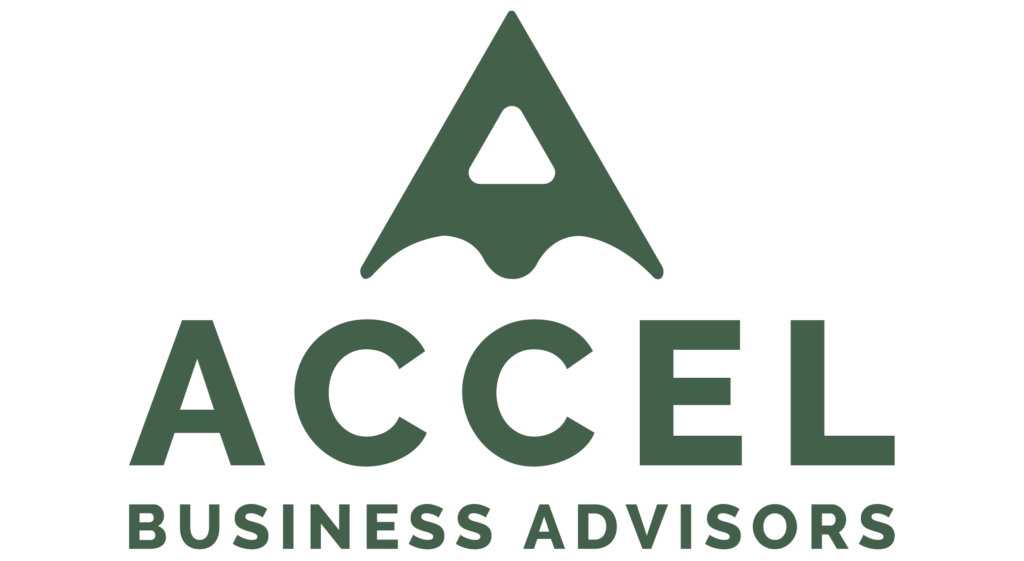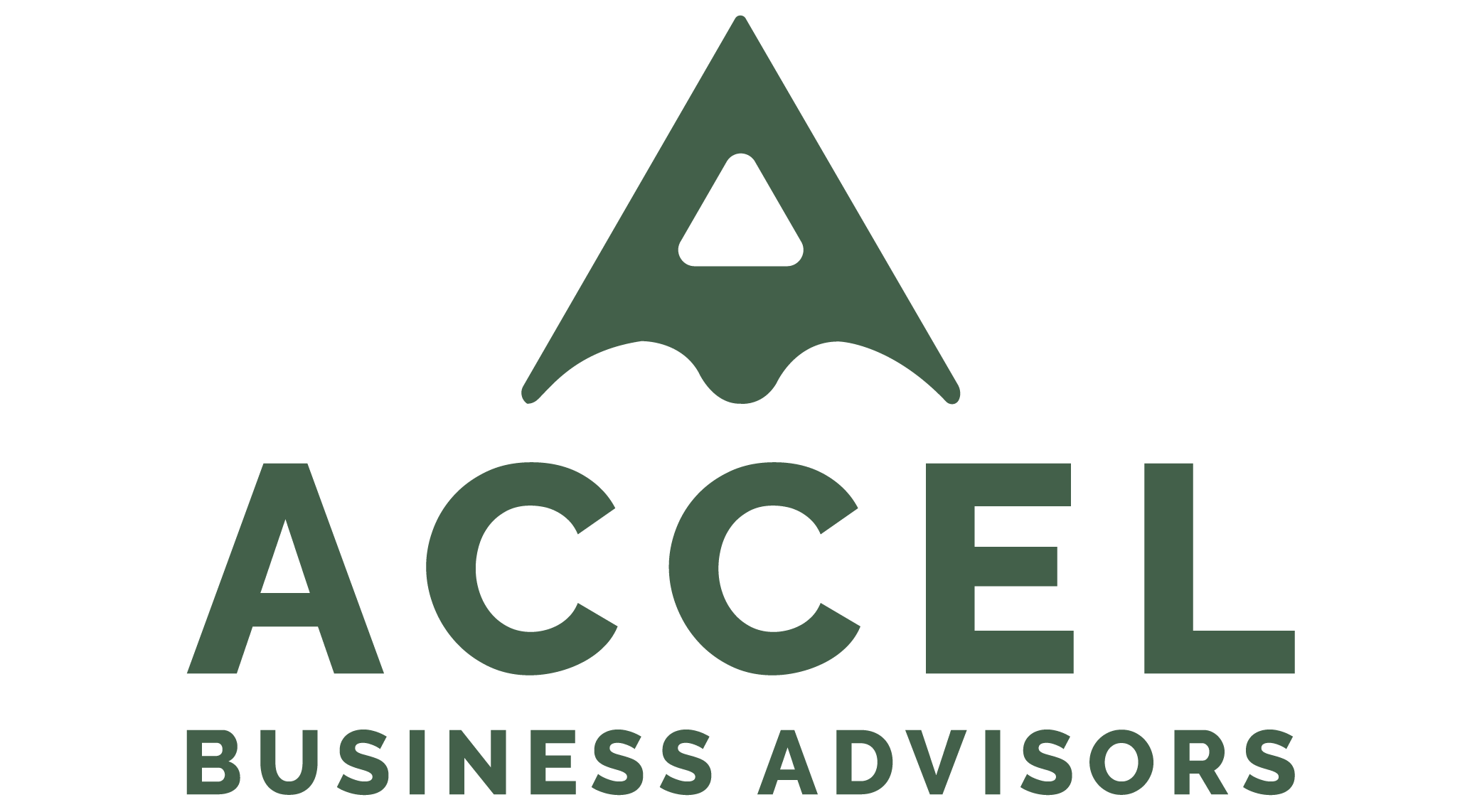- When should a business start preparing for selling the business?
You should run your business as if you are always preparing for its sale. We see many business owners that have to sell for unexpected issues, such as medical, partner, family issues, or even burnout. Many business owners find the process of preparing to sell the business helpful in many ways, even if they decide the timing is not right for them to go through with the sale right away. By doing so, the business owner is paying attention to the important aspects of the business that directly drives value and eventual marketability.
There are many facets of preparation to consider including some basics like keeping the business organized, make sure books and records are in order, make sure the facilities or work environment is attractive, and don’t write off personal expenses or at least keep good track of them.
One major concern of potential buyers for many small businesses, is that customers will leave when the business owner is no longer involved in the business. If the business owner personally handles the relationships with key customers, it is smart to start having other members of the company involved in managing those relationships, perhaps even hiring a sales manager if feasible. This assures a smoother transition and mitigates the risk of losing critical customers. Potential buyers will also want to see the company is not dependent on one supplier, one vendor, or even key employees. Even if a business owner has 100% confidence in the reliability of the supplier, vendor or employee, a potential buyer will be more comfortable seeing that there are backup relationships that can be easily activated if needed.
Also, having a clean set of financial books is very important for the sale of a business. With a small business, the line between a business expense and personal expense is not always clear. Small business owners often have their businesses pay for their car expenses, entertainment, cell phones, and a host of other “discretionary” expenses. These expenses, and others like them (family members on payroll), tend to drag down earnings and confuse the true profit of the company. This lowers the potential perceived value of the business and can also make it much harder for a potential borrower to get financing.
- What are the typical stages of selling a business?
The process is going to vary based on the specifics of the business and business broker involved. However, we can provide a sense of how the process works.
There is an initial meeting between the business owner and business broker. In the meeting, the business broker will want to learn about the business, reason for considering selling, and educate the owner about the sale process. It’s also important to understand if the owner is really prepared for a sale and if the business owner has a plan about what happens afterwards and is emotionally ready to give control of the business to another person.
A very important first step for both broker and seller includes a conversation on how much the business might be worth. The next step is often for the Broker to provide an Opinion of Value or have a Business Valuation completed.
If the business owner is ready to move forward and there is an agreed upon value expectation and asking price, an engagement letter can be signed to move forward.
After the business owner decides to formally engage the business broker, a CBR or confidential business review will be put together and approved by the owner. This document is designed to answer most of the questions that potential buyers of the business will have. This part of the process generally takes 2-3 weeks.
With the CBR done and the marketing plan determined and in place, the marketing process starts. Without compromising confidentiality, high level information about the business will typically be posted on the broker’s website and online sites like BizBuySell, Bizben and other business-for-sale directories. The business information will also be shared with all the other brokers in the organization to promote the business with buyers they work with directly, and it will be marketed to the existing database of buyers who have been working with the firm both previously and currently. Additionally if appropriate, we will contact potential strategic buyers, such as those operating a similar business as that of the buyer, and possibly Private Equity Groups.
- Finding the Right Buyer
For many businesses, we will start getting interest from potential buyers within weeks. On some deals, we could get substantial interest very quickly. For example, we recently listed a successful sign manufacturing company and received interest from 40 buyers within 4 weeks and had 4 full price offers within 8 weeks. However, some businesses can take quite a bit longer to find the “right” buyer. One of the biggest services provided by business brokers is identifying high potential buyers. Before a prospective buyer meets the business owner, there is often several calls and meetings with the broker.
Typically, there is at least one in-person meeting between the potential buyer and seller. If the potential buyer wants to make an offer, they will submit an offer to purchase or letter of intent. This typically includes: the offering price, the terms of payment, what they expect to receive for that price, what the deal is contingent upon, an exclusivity provision, confidentiality, and other terms.
Then, the hard work of due diligence, lining up financing, and getting a contract put together begins. In cases where there is bank financing involved, this part of the process can take 2 to 3 months.
- Working through “Contingencies” to Seal the Deal
Contingencies are those items and activities that must happen before the deal can close. The three largest contingencies of the deal are financing, satisfactory due diligence, and license or lease transfers. Once the potential buyer has a price and information about the business, they can now go to banks and financial institutions and ask for loan. The deal is often contingent on the seller being able to get such financing. We often help with the process by introducing the buyer to lenders with which we have already had successful transactions. The most significant contingency is satisfactorily completing the due diligence process. This could cover a wide array of items and is where deals often go sideways. The buyer needs to confirm not only that the numbers and information provided are accurate, but further investigate all other aspects of the business and potential concerns, which could include inventory, equipment, customers, operations, suppliers and vendors, employees, legal and regulatory, corporate documentation, environmental, contracts, and more. The broker doesn’t do due diligence, but rather acts as the facilitator and expeditor helping keeping everything on track.
Lastly, a number of deals are contingent on getting approvals from third parties. For example, if a franchise is being sold, the franchisor may need to approve the change of ownership. For a bar/restaurant, the approval of the state liquor board to transfer the alcohol license may be crucial.
Accel Business Advisors works with the business owner, the buyer, the lawyers, and the accountants on each side to work through the various issues that arise during completing the deal and quarterbacks the transaction to the closing table.
If you have any questions, feel free to contact us.

